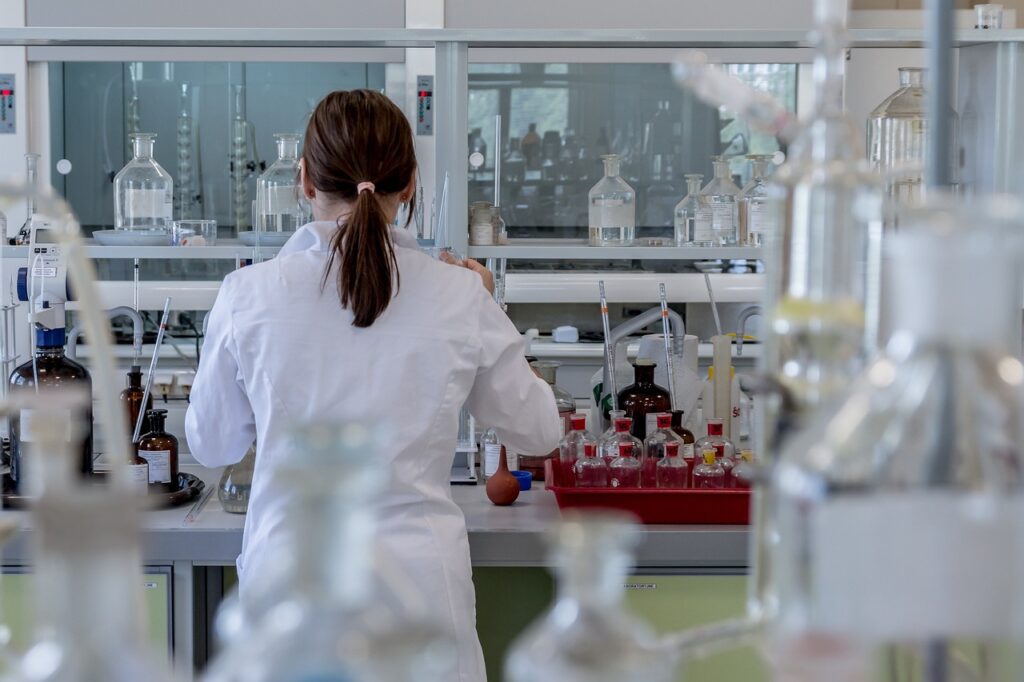Sustainable Pharmaceutical Engineering for Engineers
Length: 2 days

The Sustainable Pharmaceutical Engineering Training Course by Tonex is designed to provide participants with an in-depth understanding of sustainable practices and principles in the pharmaceutical engineering sector.
This comprehensive course explores the integration of environmental, economic, and social sustainability into pharmaceutical processes and operations.
Participants will learn about innovative strategies, regulatory frameworks, and practical tools to enhance sustainability in pharmaceutical manufacturing, research and development, and product lifecycle management.
This course is ideal for professionals seeking to minimize environmental impact while maintaining efficiency and compliance in the pharmaceutical industry.
Learning Objectives
By the end of this course, participants will be able to:
- Understand the fundamentals of sustainable pharmaceutical engineering and its importance in the industry.
- Analyze the environmental impacts of pharmaceutical manufacturing and identify strategies to mitigate these effects.
- Implement sustainable practices in pharmaceutical research and development processes.
- Navigate regulatory requirements and standards related to sustainability in the pharmaceutical industry.
- Apply life cycle assessment (LCA) techniques to evaluate the sustainability of pharmaceutical products.
- Develop and execute sustainability initiatives within pharmaceutical organizations.
Target Audience
This course is designed for:
- Pharmaceutical engineers and technicians
- Research and development scientists
- Quality assurance and compliance officers
- Environmental health and safety professionals
- Sustainability coordinators and managers
- Regulatory affairs specialists
Program Modules
Module 1: Introduction to Sustainable Pharmaceutical Engineering
- Overview of sustainability principles in pharmaceutical engineering
- Importance of sustainability in the pharmaceutical industry
- Key drivers and challenges for sustainable practices
- Sustainable development goals (SDGs) and their relevance
- Global trends and case studies in sustainable pharmaceutical engineering
- Ethical considerations and corporate responsibility
Module 2: Environmental Impact and Mitigation Strategies
- Identifying environmental impacts in pharmaceutical manufacturing
- Energy consumption and efficiency improvement
- Waste management and reduction techniques
- Water conservation and management strategies
- Emission control and air quality management
- Sustainable packaging and materials use
Module 3: Sustainable Research and Development Practices
- Green chemistry principles and applications
- Designing eco-friendly pharmaceutical processes
- Use of renewable resources and biocatalysts
- Reducing the carbon footprint of R&D activities
- Case studies of sustainable R&D in the pharmaceutical industry
- Collaboration and innovation in sustainable R&D
Module 4: Regulatory Frameworks and Standards
- Overview of regulatory bodies and standards
- Compliance with environmental regulations in pharmaceutical manufacturing
- Sustainability reporting and disclosure requirements
- Certification programs and eco-labeling
- Risk assessment and management in sustainable practices
- Auditing and continuous improvement processes
Module 5: Life Cycle Assessment (LCA) in Pharmaceuticals
- Fundamentals of life cycle assessment
- Conducting an LCA for pharmaceutical products
- Interpreting LCA results and making informed decisions
- Comparative analysis of traditional vs. sustainable products
- Case studies on LCA in the pharmaceutical industry
- Integrating LCA into business strategies
Module 6: Implementing Sustainability Initiatives
- Developing a sustainability strategy for pharmaceutical companies
- Change management and stakeholder engagement
- Monitoring and measuring sustainability performance
- Best practices for sustainable supply chain management
- Innovative technologies supporting sustainability
- Future trends and continuous improvement in sustainability efforts
This structured program ensures that participants gain a holistic understanding of sustainable pharmaceutical engineering, equipping them with the knowledge and skills to drive sustainability initiatives within their organizations.
